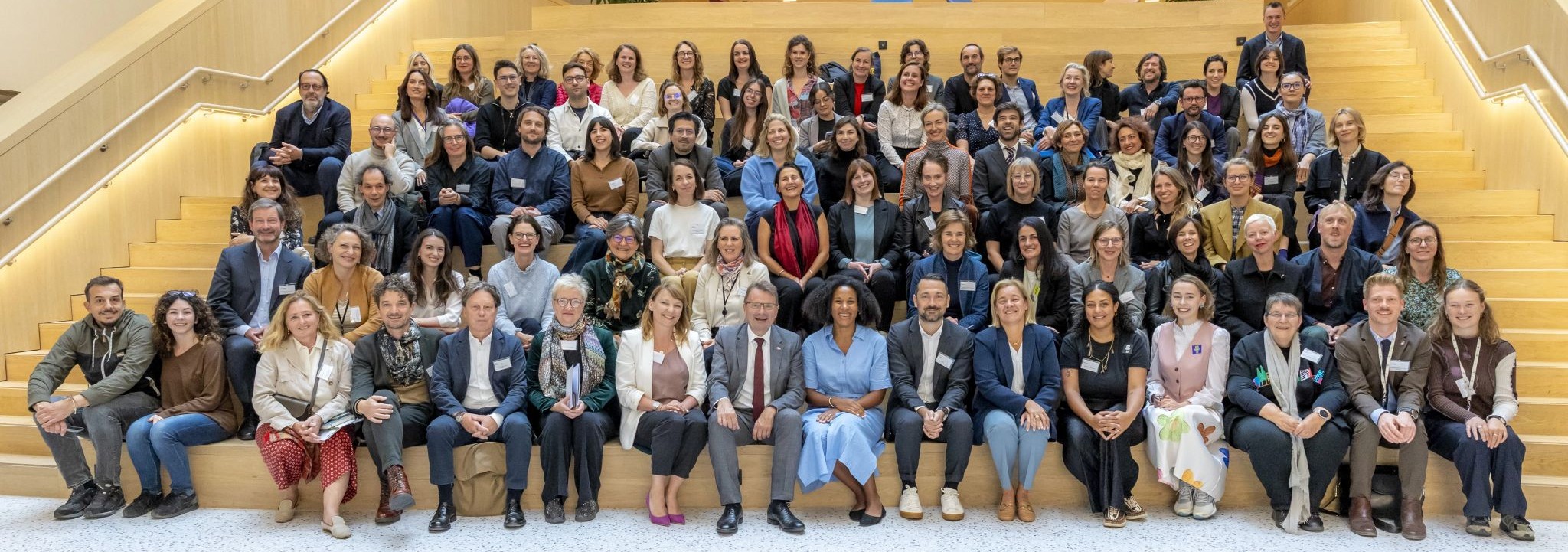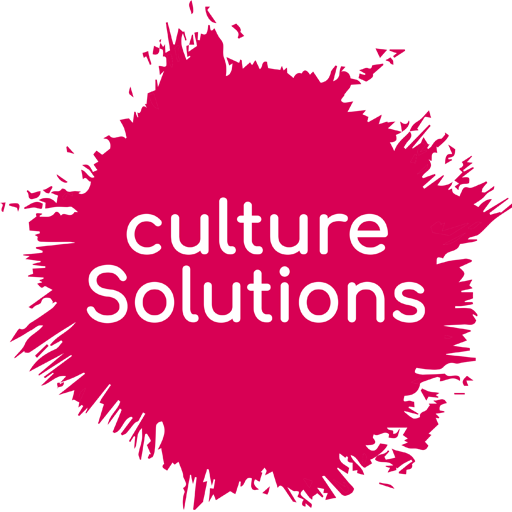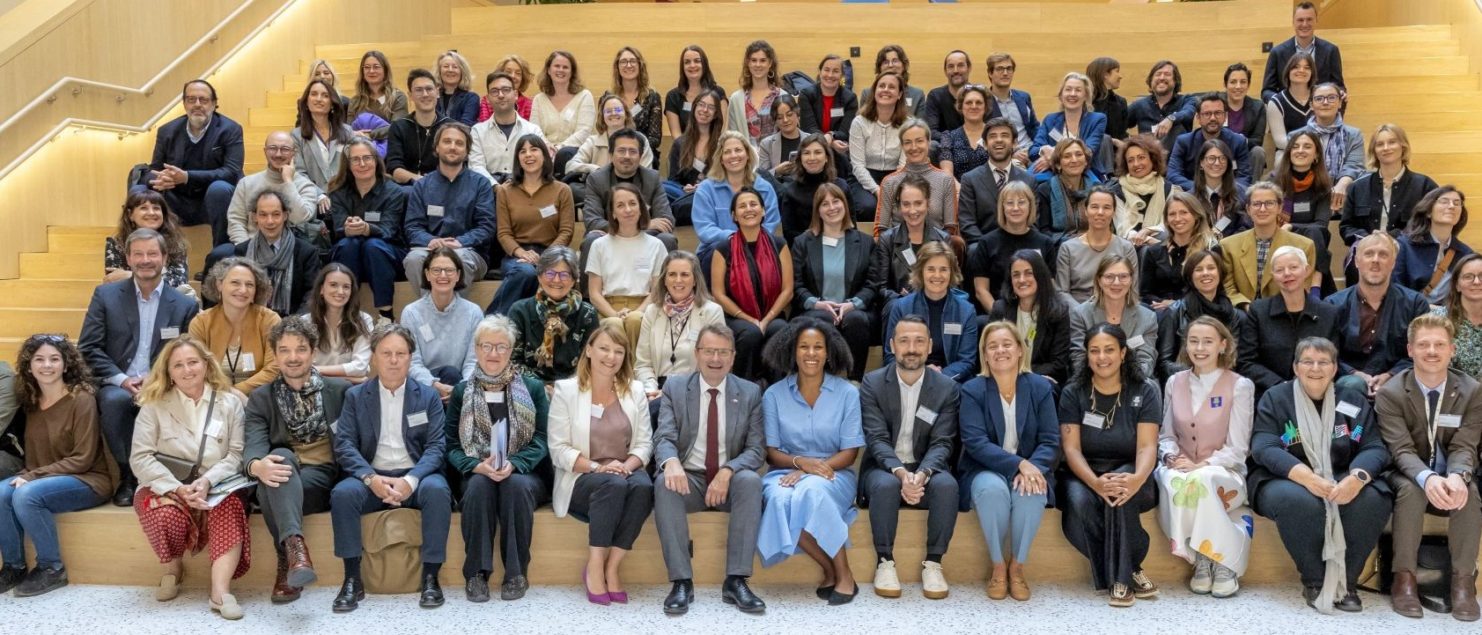Culture in the next MFF: Internal and external cultural policies both at threat?

By Ludovica Fionda, Elise Cuny and Damien Helly
On 23 September 2025, culture Solutions was represented by Ludovica Fionda, Research Collaborator, at the high-level roundtable “Culture in the Next EU Budget”, organised by the European Parliament as part of its long-term budget campaign “Invest in what matters.”
The event brought together Members of the European Parliament (MEPs) —Nela Riehl (Chair of the CULT Committee), Hannes Heide (rapporteur on the revised MFF), and Carla Tavares (co-rapporteur of Parliament’s own-initiative report on the MFF)— alongside institutional stakeholders and representatives of leading pan-European cultural organisations (including Cultural Action Europe, Europa Nostra, and the European Cultural Foundation and EUNIC).
As the European Commission’s proposal for the Multiannual Financial Framework (MFF) undergoes scrutiny in the European Parliament, cultural organisations remain vigilant in their efforts to ensure that culture remains high on the EU’s agenda — both internally and externally.
Discussions at the roundtable revealed a strong EU commitment to culture in its internal dimension, but a weaker focus on its external one. Participants underlined that these two aspects should not be addressed in isolation. The Commission’s proposal increases the budget for the Creative Europe programme and sets out a coherent strategy linking culture, civil society, values, and media. However, it includes no specific provisions on the role of culture within the Global Europe heading. This omission risks repeating the shortcomings of the previous MFF, which failed to give culture the visibility it deserves. Culture remains underrepresented in the EU’s external programming, with no dedicated earmarks proposed under Heading 3 – Global Europe.
At a time when the EU’s security challenges are mounting — from defence to geoeconomics — culture should not be overlooked.
Wars start (and continue) in the minds of people; foreign and security policy is also cultural.
The EU’s external action continues to be largely shaped by the Global Gateway, a trend confirmed by the Commission’s MFF proposal aimed at “strengthening alignment and coherence with internal EU priorities such as economic security, competitiveness, energy security, migration, climate action, connectivity, and access to critical raw materials.” Yet, culture is absent as a priority area for cooperation. This is despite the fact that the cultural and creative industries directly contribute to several Global Gateway objectives — including job creation, skills development and youth employment, women’s entrepreneurship and gender equality, sustainable development (particularly in rural areas), and digital and technological innovation. They also reinforce other key aspects of the EU’s internal and external agenda, such as strengthening civil societies and protecting media freedom.
MEPs recognised that culture currently does not receive the level of attention it deserves in the EU’s external relations. However, the reluctance of Member States and national governments to recognise the European dimension of external cultural action, and therefore to design and promote more joint cultural initiatives internationally, continues to hinder progress.
Encouragingly, several MEPs expressed their willingness to address this gap — including through stronger support for making cultural objectives more visible within regional and thematic envelopes of the MFF. Some also underscored the interest in and need of advocating for a greater cultural focus, particularly in the EU’s engagement with third countries; with an emphasis on strengthening civil society and on areas such as resilience.
Culture for democracy
The European Commission’s proposal to merge Creative Europe with the Citizens, Equality, Rights and Values and MEDIA programmes under a broader umbrella called “AgoraEU” reflects a renewed interpretation of culture as a driver of social cohesion and democratic values.
While this approach signals a stronger alignment between culture and democracy, it has also raised concerns about thematic dilution, loss of clarity for beneficiaries, and the risk of forced thematic convergence. At the same time, it opens up a space for rethinking culture’s integrative capacity and its potential for deeper cultural cooperation at the European and international levels.
The defence of artistic freedom is gaining renewed traction in this context, amid growing risks of instrumentalising art and culture for political purposes. This concern is being voiced and defended both at national and European levels. MEPs reaffirmed their commitment to protecting artistic freedom, highlighting the European Parliament’s intention to explore social and green conditionality mechanisms that safeguard freedom of expression and cultural rights within EU-funded programmes.
This internal shift in the EU’s cultural policy resonates externally, reinforcing the Union’s priorities beyond its borders. Disinformation and manipulation of information is a growing concern. The European External Action Service (EEAS) has repeatedly warned of Foreign Information Manipulation and Interference (FIMI) threats, with digital infrastructures increasingly exploited by foreign actors —Russia and China— to distort narratives and interfere in the information space of the EU and its partners.
Culture is not immune to these threats. On the contrary, historical ties and cultural industries can themselves be weaponised.
Equity and access for smaller cultural actors
European cultural actors and civil society organisations (CSOs) continue to face increasing difficulties in accessing EU funding, often due to the complexity of application procedures and competition with larger organisations. These challenges are equally visible on the EU’s external front.
To maintain its credibility and strengthen people-to-people connections, the EU should improve the accessibility and transparency of its funding mechanisms, reduce intermediaries between funding sources and beneficiaries, and ensure that smaller cultural actors — both within the EU and in partner countries — can effectively participate in cultural cooperation initiatives.
Enhancing accessibility to EU external cultural funding is not only a matter of fairness; it is essential for sustaining the EU’s image as an inclusive and reliable partner abroad, committed to cultural diversity, equality, and democratic values.
The views expressed in this article are personal and are not the official position of culture Solutions as an organisation.
Photo credits: European Parliament

